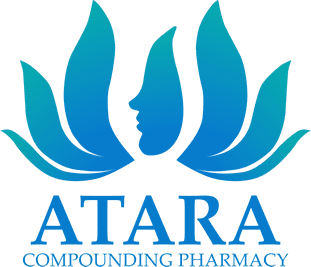Frequently Asked Questions
FAQ – Covid 19 Questions
All vaccines approved for use in Australia undergo robust scientific testing and analysis by the Therapeutic Goods Administration (TGA). There are rigorous regulations to ensure all vaccines are effective and safe. The most up to date information can be found here
The COVID-19 vaccine will be voluntary and free. As more safe and effective vaccines become available the Government will vaccinate as many Australians as possible for COVID-19.
FAQ – Flu Shot Questions
The flu is more than the common cold. Some people may have mild symptoms, but others may experience severe illness, hospitalisation and life-threatening complications.
In a small number of people, there may also be a risk of other effects such as fainting at the time of vaccination, or if you have Guillain-Barre syndrome, there may be a risk of neurological symptoms. If either of these are an issue for you, please mention this to the Pharmacist prior to you getting your vaccination.
Yearly vaccination is very important for people who are at highest risk of serious complications from flu, such as:
- Adults over 65 years of age
- Aboriginal and Torres Strait Islander people
- Pregnant and breastfeeding women (the flu vaccine is safe at all stages of pregnancy)
- People with weakened immune systems
- People who smoke
- Infants and young children (6 months to 5 years of age)
- People with long-term health conditions such as heart disease, chronic lung disease such as COPD and asthma, chronic liver disease and many more
- Homeless people
- Occupational groups
- carers and household contacts of people in high-risk groups
- residents, staff, volunteers and visitors to aged care and long-term residential facilities
- essential services providers
- Travellers (when travelling during flu season)
Some of these high-risk groups may be eligible for a free flu vaccine under the National Immunisation Program. For further information, please speak to your Pharmacist or Doctor for more information.
Also, a person’s immune protection from influenza declines over time, so annual flu vaccination is recommended.
We will be following all COVID safe practices and guidelines, including private consultation areas, hand hygiene and sanitisers for both immuniser and customer use, social distancing whilst in the pharmacy and cleaning and disinfection of all hard surfaces in between appointments.
ATARA Compounding Pharmacy follow all professional, State and National guidelines regarding immunisation services within the pharmacy setting.
Prior to your vaccination, you will be asked to complete a consent form and asked some questions about your general health and if you’ve had any previous reactions to vaccines.
A trained pharmacist will administer the flu vaccination, and then you will be required to remain in the pharmacy for a further 15 minutes where you can be observed, just in case of any unlikely adverse reaction. (If you are unable to remain in the pharmacy for the 15 minutes after your vaccination, you must sign an Immunisation Monitoring Release Form and hand this to the Pharmacist prior to you leaving the premises).

